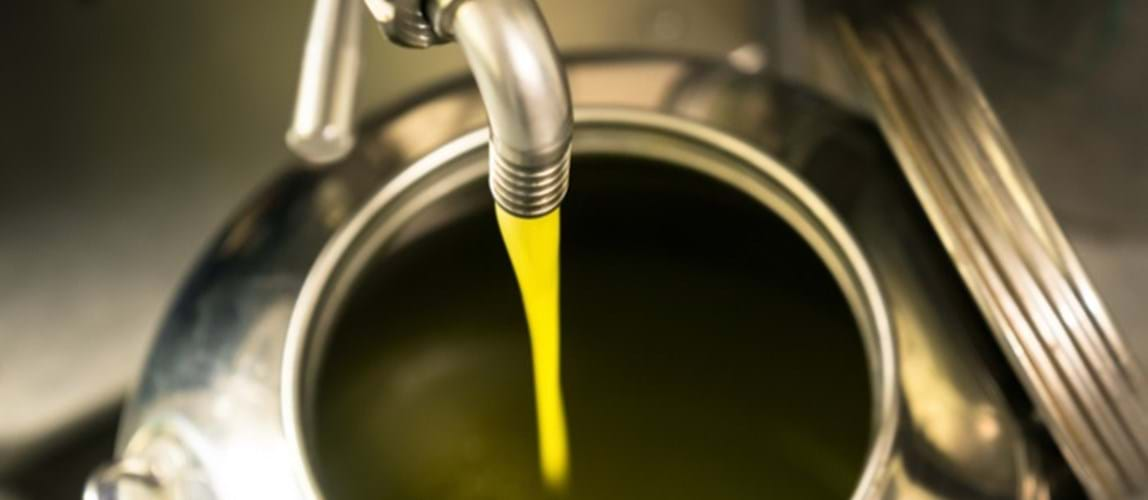Palm Oil Processing
Biodiesel Production using Liquid - Liquid Film Reactor

- Date From 24th July 2018
- Date To 24th July 2018
Overview
In this talk, the design and development process of reaction systems for producing fatty-acid alkyl esters by alcoholysis of vegetable oils using liquid - liquid film reactors operated at three different flow schemes is presented. Co-current, counter-current and co-current coupled to hollow fiber membrane (HFM) flow schemes were assessed experimentally at bench scale and modeled and simulated. Reaction systems comprise a film reactor using semi-structured packing for generating interfacial area.
In co-current an co-current coupled to HFM schemes, the reactor is fed through the top with oil and a mixture of methanol and catalyst, without previous mixing. Reactor outlet is a two phases stream of fatty-acid alkyl esters, alcohol and catalyst (biodiesel rich phase) and alcohol, glycerol and catalyst (glycerol rich phase), exit via the bottom of the reactor, and easily separated in a decanter because contact area is created without dispersing alcohol into oil.
In counter-current flow scheme, the reactor is fed through the bottom with oil and with a mixture containing alcohol, glycerol (optional) and catalyst through an intermediate stage. Products are a mixture of fatty-acid alkyl esters, alcohol and catalyst and alcohol, glycerol and catalyst, exit via the top and the bottom of the reactor, respectively. Volumetric packing fraction is less than 60%, reaction temperature ranges from 25 to 180 °C depending the alcohol, molar ratio alcohol to oil between 3:1 and 10:1, and CH3ONa, NaOH or KOH can be used as catalyst (0.5% to 3% based on the oil mass flow rate). Conversion and yield are greater than 99.7% and 99.9%, respectively.
In co-current flow scheme two reactions steps are required, while in the counter-current and co-current coupled to HFM schemes, only one is needed. Despite the reaction scheme, productivity is at least two times higher than in the industrially used technologies.
Speaker
Paulo César Narváez Rincon
Paulo César Narváez Rincon is a Chemical Engineer with master (1998) and doctorate (2006) degrees. He is full professor at the Chemical and Environmental Department of the Universidad Nacional de Colombia since 2000, where he teaches in the undergraduate and graduate programs.
His research topic is process design with focus in biorefineries using vegetable oils as raw materials. He has written more than 50 research articles, three books and two books chapters. Additionally, he is inventor in four patente related to biodiesel production by process intensification.
Get involved with Special Interest Group
Join IChemE’s technical networking community by becoming a member of a SIG. SIG's activities are organised by its members. Getting involved can help you and your organisation to raise your profile amongst chemical engineers in the palm oil processing sector.
Would you be interested in speaking at a SIG event in Malaysia, or giving an online presentation to a wider international audience via webinar? Or could your company support IChemE's special interest groups through provision of venue facilities or sponsorship of an event?
To discuss opportunities, please contact specialinterestgroups@icheme.org.
Member-exclusive content
Become an IChemE member to enjoy full access to this content and a range of other membership benefits. If you are already a member, please log in.
Back to events